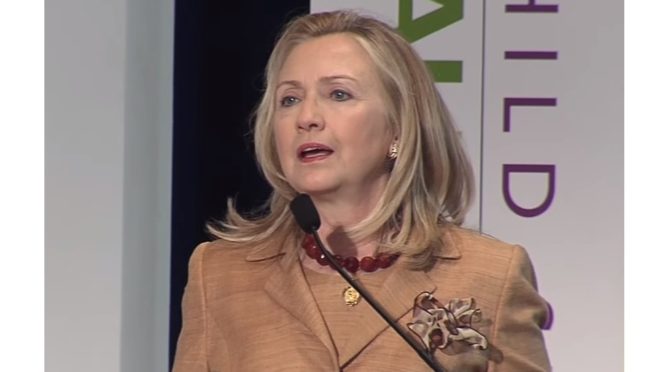Sent: Hillary Clinton Will NOT Face Charges Over Emails
After years of swirling controversy and thousands of hours worth of Press coverage, it appears that one of 2016's most prominent political 'scandals' has finally met its end.
You know... the one about Hillary Clinton's emails.
If you haven't been paying attention, here's the general run-down. Throughout her time in the Senate, Clinton used a … Continue Reading ››
